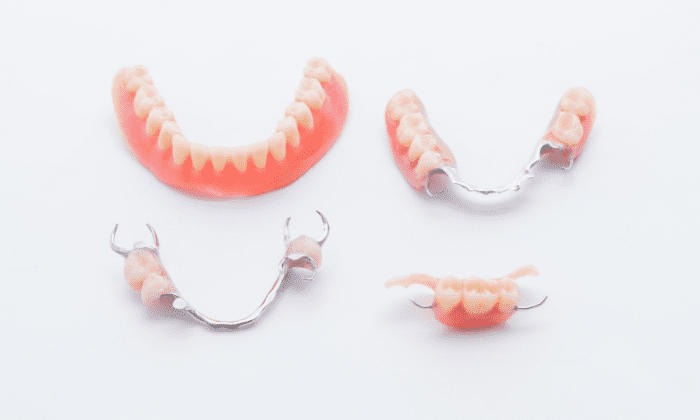Missing teeth can significantly affect both your appearance and oral health. They can lead to issues such as difficulty in chewing, speech problems, and a decrease in self-confidence. Fortunately, modern dentistry provides a variety of solutions to address these concerns. These options cater to different needs, preferences, and financial situations. Understanding these choices is crucial for making informed decisions about your dental health.

Dental Implants
Dental implants are often considered the gold standard for replacing missing teeth. They offer a permanent and durable solution. The process involves surgically placing titanium posts into the jawbone. These posts act as artificial roots for the new teeth. Over time, a process called osseointegration occurs. This involves the jawbone fusing with the titanium, creating a stable and secure foundation.
After the healing period, which can take several months, the dentist attaches a crown to the implant. This crown is custom-made to match the color and shape of your natural teeth. Dental implants offer several benefits beyond aesthetics. They help prevent bone loss in the jaw, which can occur after tooth loss. They also support adjacent teeth, preventing them from shifting out of place.
However, dental implants require a commitment to good oral hygiene and regular dental visits. They can last a lifetime with proper care. Not everyone is a candidate for dental implants. Patients need sufficient bone density and healthy gums. A thorough evaluation by a dental professional is necessary to determine suitability.
Dental Bridges
Dental bridges offer another effective solution for replacing missing teeth. A bridge consists of one or more artificial teeth, known as pontics. Dentists anchor these pontics to adjacent natural teeth or implants, creating a “bridge” over the gap left by the missing teeth. This method could restore both the function and appearance of your smile.
Bridges may help improve chewing function and speech clarity. They also play a role in maintaining the shape of your face, which can change due to tooth loss. Dental bridges distribute the forces in your bite properly by replacing missing teeth. This helps prevent remaining teeth from drifting out of position.
Proper oral hygiene and regular dental visits are essential to ensure the longevity of dental bridges. Dentists may recommend bridges when implants are not feasible due to bone loss or financial constraints. Bridges offer a less invasive and more affordable alternative to implants.
Partial Dentures
Partial dentures are a removable option for replacing one or several missing teeth. They consist of artificial teeth attached to a gum-colored plastic base. Metal clasps or precision attachments hold them in place, allowing for easy removal and cleaning.
Partial dentures often improve chewing and speaking abilities, enhancing overall quality of life. They could also prevent remaining natural teeth from shifting into the gaps left by missing teeth. This helps maintain proper alignment and oral health.
Regular cleaning and maintenance are essential for the durability and comfort of partial dentures. Dentists may suggest partial dentures when budget constraints exist or when the patient prefers a removable option. They offer a cost-effective solution with the flexibility of removal for cleaning and sleeping.
Full Dentures
Full dentures are used when all teeth in the upper or lower jaw are missing. They consist of a gum-colored acrylic base with artificial teeth attached. Suction or dental adhesives hold them in place, providing a secure fit.
Full dentures could restore both appearance and function, allowing patients to eat and speak more comfortably. They require regular cleaning and occasional adjustments to ensure a proper fit. Over time, the shape of the gums and jawbone may change, necessitating these adjustments.
Proper care and maintenance ensure the comfort and longevity of full dentures. Dentists may recommend full dentures when multiple teeth are missing and other options are not viable. They provide a complete solution for restoring a full set of teeth.
Choosing the Right Option
Choosing the right option for restoring missing teeth involves consulting with a dental professional. They consider factors such as oral health, budget, and personal preferences. Dentists provide guidance based on individual needs and circumstances. They explain the pros and cons of each option, helping patients make informed decisions.
At East Hills Dental Associates, we offer comprehensive dental services tailored to your needs. Dr. Richard Sousa and his team provide expert care and guidance to help patients achieve optimal oral health. Visit us for a consultation and explore your options for restoring missing teeth.
